Why You’re Not Sleeping Well—and 9 Simple Fixes That Actually Work
Introduction:
We live in a world that praises hustle, but poor sleep is silently draining our health, focus, and emotional balance. According to the World Health Organization, adults need 7–9 hours of quality sleep per night, yet nearly 1 in 3 people struggle to meet that goal.
If you’ve been tossing and turning at night or waking up feeling tired despite a full night in bed, it’s time to look beyond just “going to bed earlier.”
Here are 9 science-backed changes you can make to finally sleep better—naturally.
1. Stick to a Consistent Sleep Schedule
Your body thrives on routine. Going to bed and waking up at the same time every day—even on weekends—helps set your internal clock (circadian rhythm) for deeper, more restful sleep.
🕰️ Try to keep your sleep and wake time within the same 30-minute window every day.
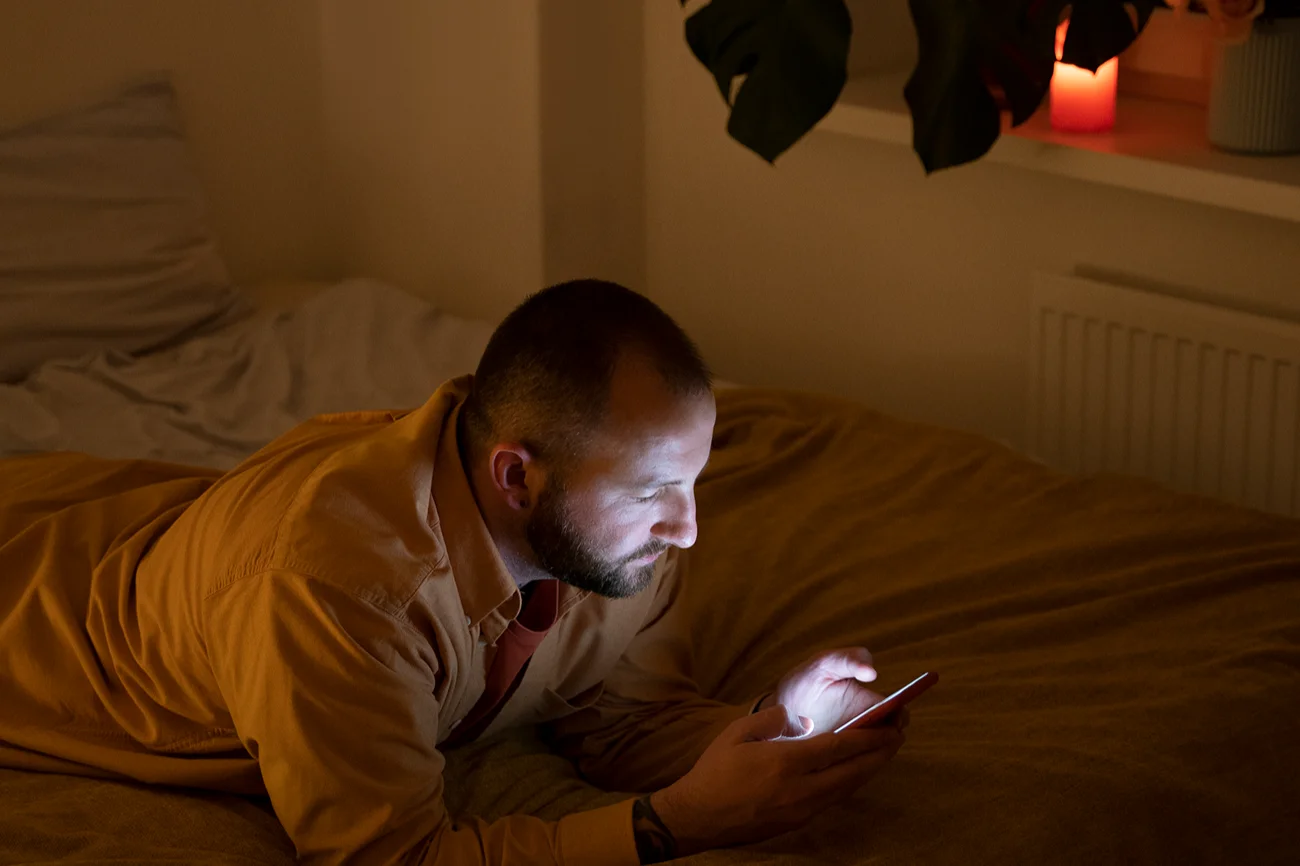
2. Avoid Blue Light Before Bed
Screens (phones, laptops, TVs) emit blue light, which suppresses melatonin—the hormone that makes you sleepy.
Dim your lights 1 hour before bed
Use “night mode” on devices
Consider blue light–blocking glasses if you must use screens late
📱 Better yet, swap your screen for a book or light journaling before sleep.
3. Create a Sleep-Friendly Environment
Your bedroom should feel like a sleep sanctuary—not an extension of your office or entertainment center.
Keep the room cool (ideally 18–20°C)
Block out light with blackout curtains or a sleep mask
Use white noise or earplugs to silence distractions
🛏️ Make your bed just for sleep—not for scrolling or watching Netflix.

4. Limit Caffeine and Alcohol
Caffeine can stay in your system for up to 10 hours. And while alcohol may make you sleepy, it disrupts deep sleep later in the night.
Cut caffeine after 2 PM
Avoid alcohol within 3 hours of bedtime
5. Wind Down With a Night Ritual
Just like kids, adults benefit from calming bedtime routines.
Try:
A warm shower or bath
Gentle yoga stretches
Aromatherapy (lavender, chamomile)
Deep breathing or meditation
🧘♂️ A relaxed body sends signals to your brain that it's time to sleep.
6. Watch What (and When) You Eat
Heavy meals, spicy food, and sugar late at night can lead to indigestion and restlessness.
Eat dinner at least 2–3 hours before bed
Include sleep-supportive foods like almonds, bananas, and chamomile tea
Avoid late-night snacks high in sugar or fat
7. Get Morning Sunlight
Your body needs natural light to regulate sleep hormones.
Spend at least 10–20 minutes outdoors every morning
Open your curtains as soon as you wake up
☀️ Sunlight early in the day boosts serotonin (feel-good hormone) and helps your body produce melatonin at night.
8. Move Your Body—But Not Too Late
Regular physical activity improves sleep quality, but late-night intense workouts can increase cortisol and keep you awake.
🏃♀️ Exercise in the morning or early evening to help you fall asleep faster and sleep deeper.
9. Calm Your Racing Mind
Anxiety and mental chatter are common reasons people struggle with sleep.
Try:
Writing down your to-do list before bed
Listening to guided meditations or sleep stories
Practicing gratitude journaling
🧠 Sometimes, offloading your thoughts is all your brain needs to let go and rest.
Finally, You can’t force sleep—but you can invite it by creating the right environment and habits. These natural fixes are powerful because they work with your body’s natural rhythms, not against them.
🌙 Sleep isn’t a luxury—it’s your body’s most powerful repair tool.
Start with one change tonight and feel the difference in your energy, mood, and focus tomorrow.


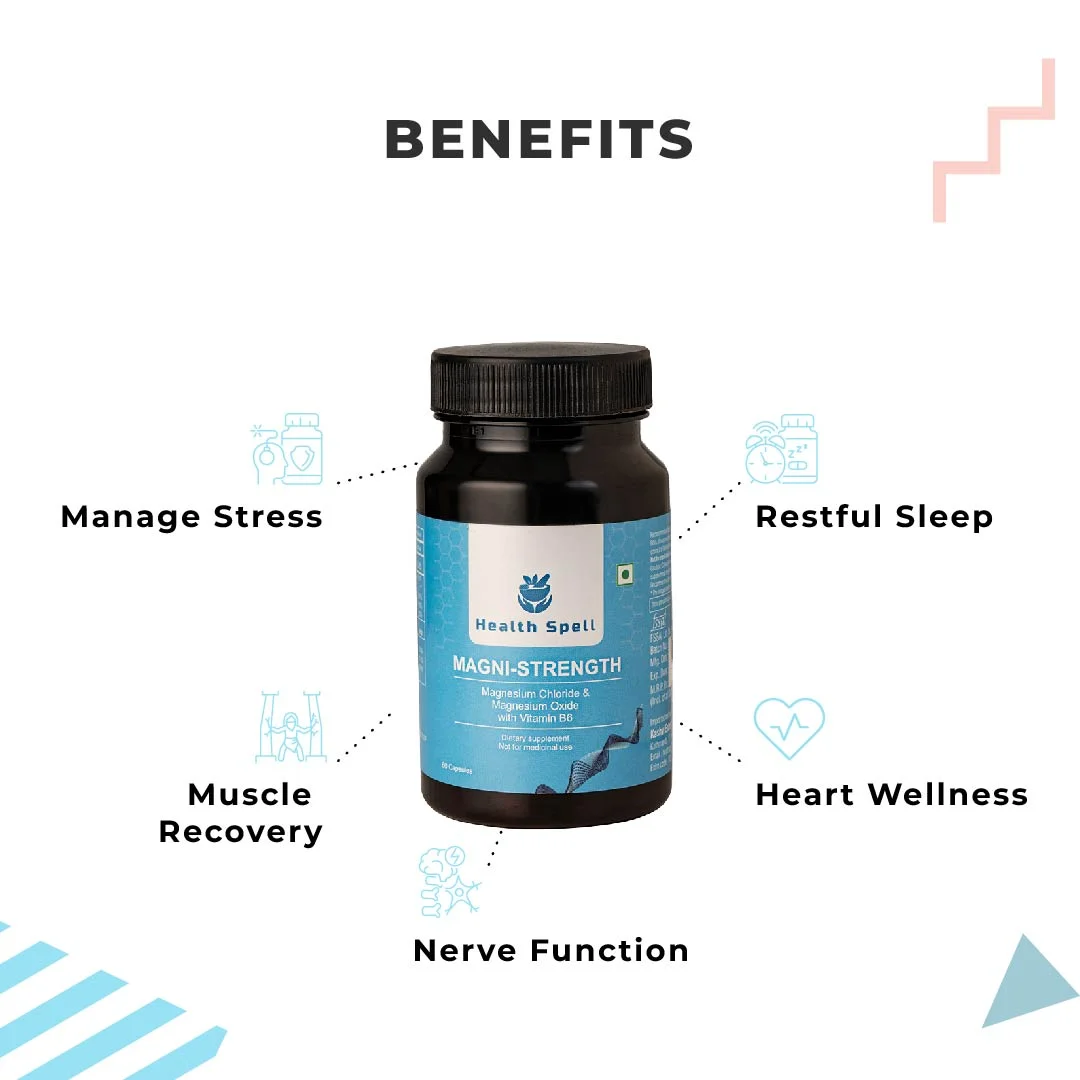

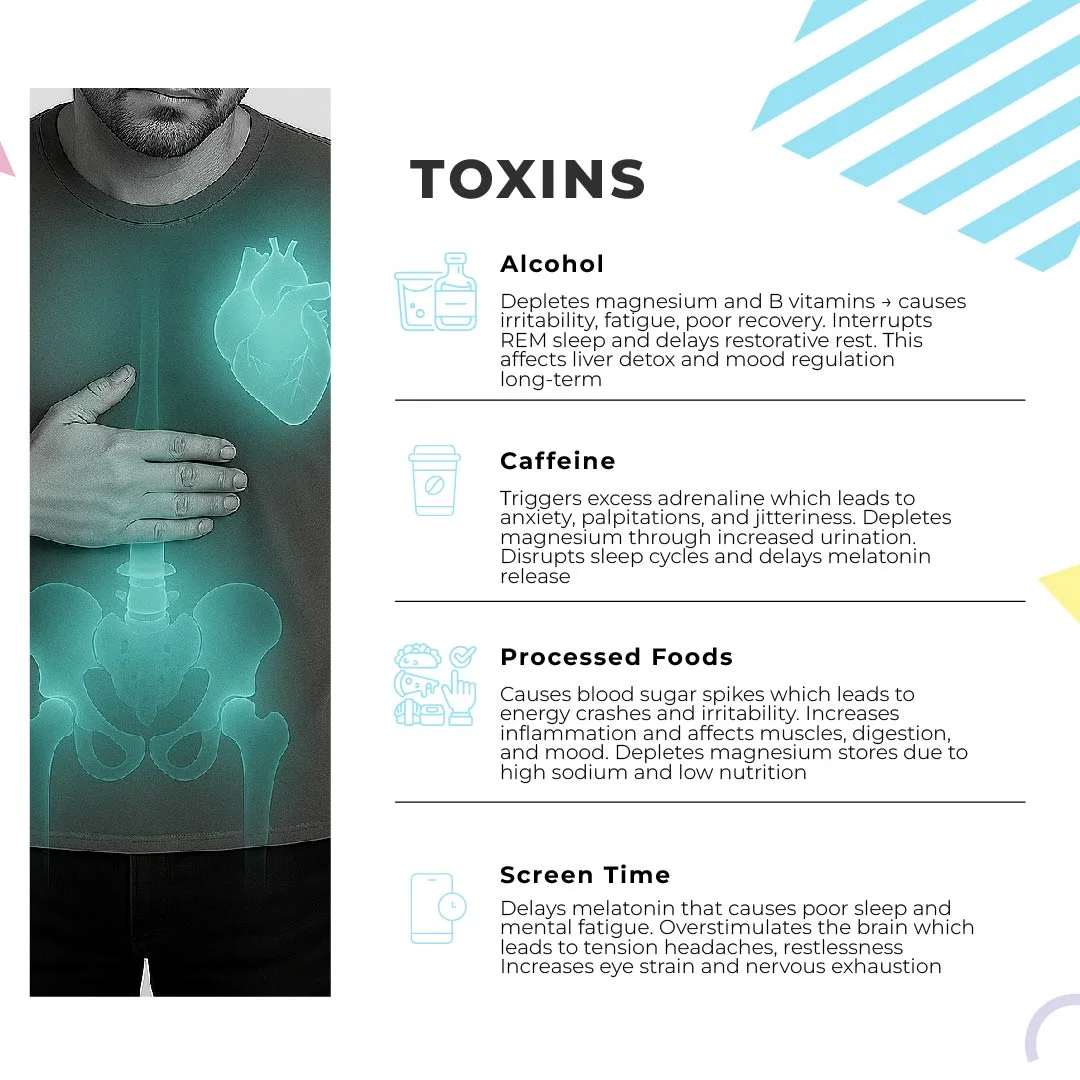
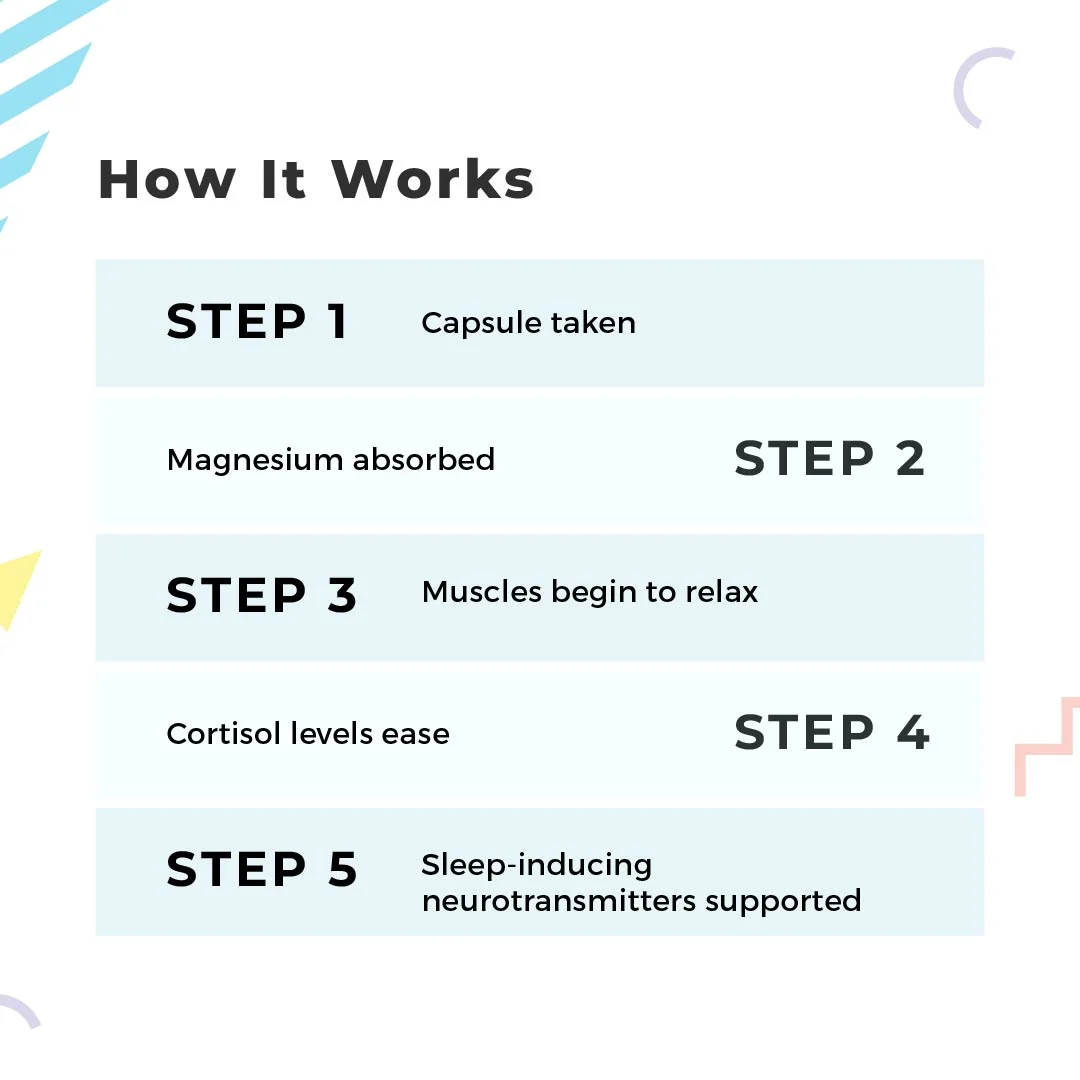

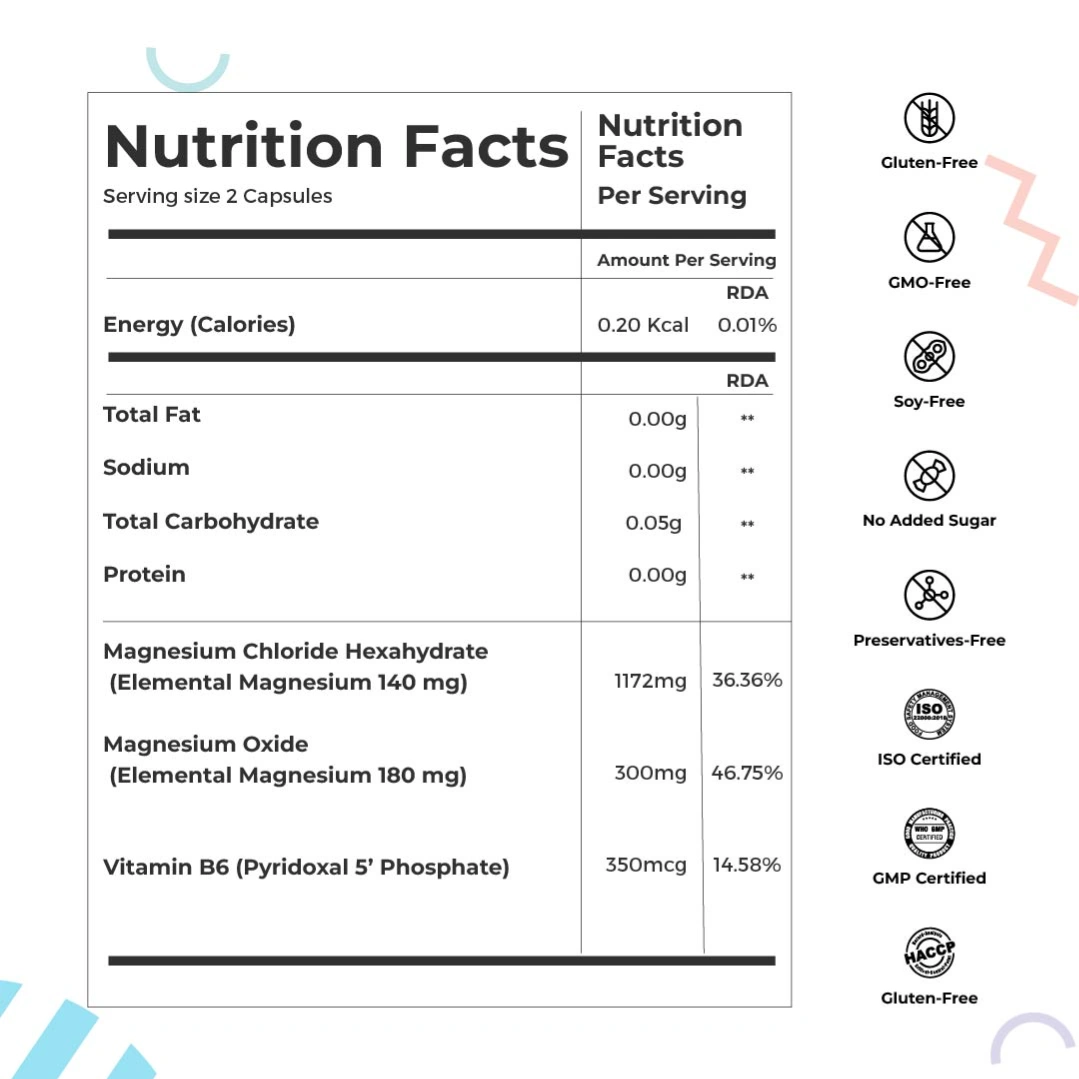








Magni-Strength – Daily Calm, Deep Sleep, Strong Heart
0
Shipping is calculated at checkout
